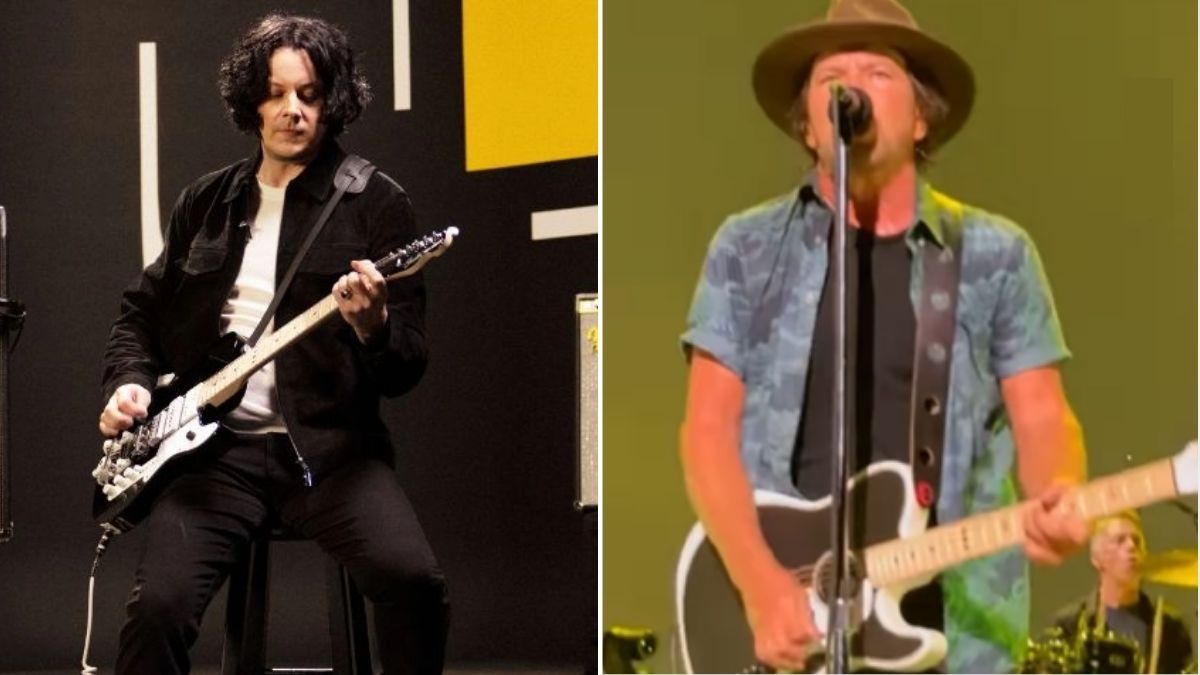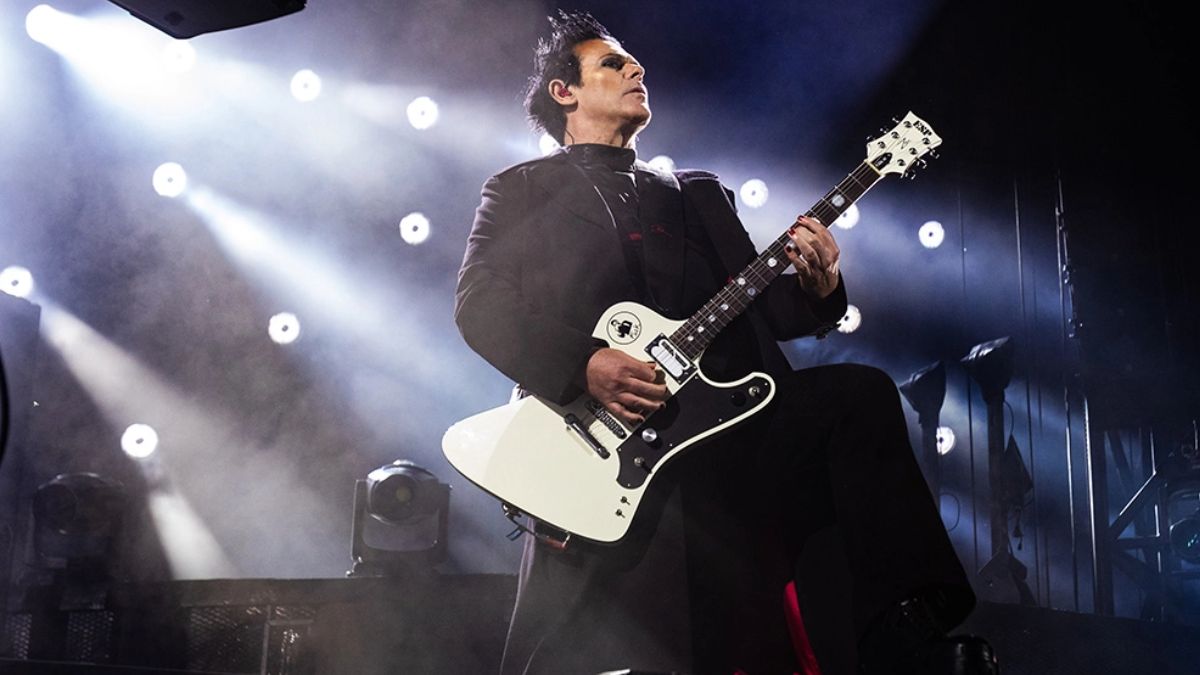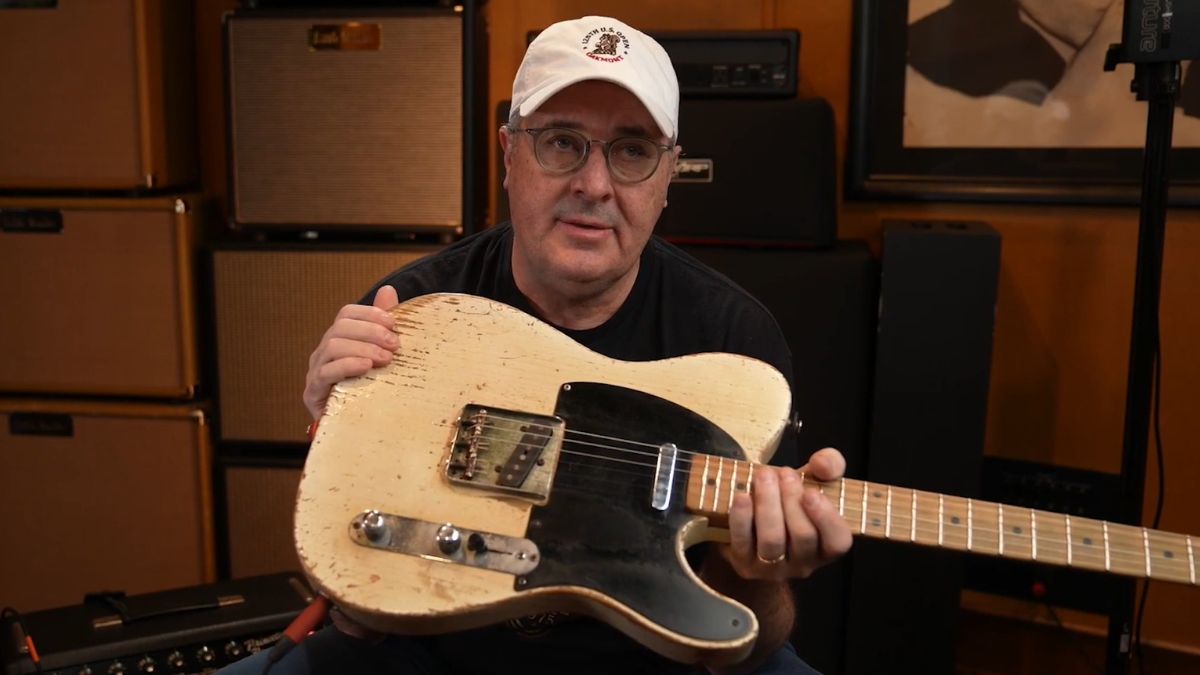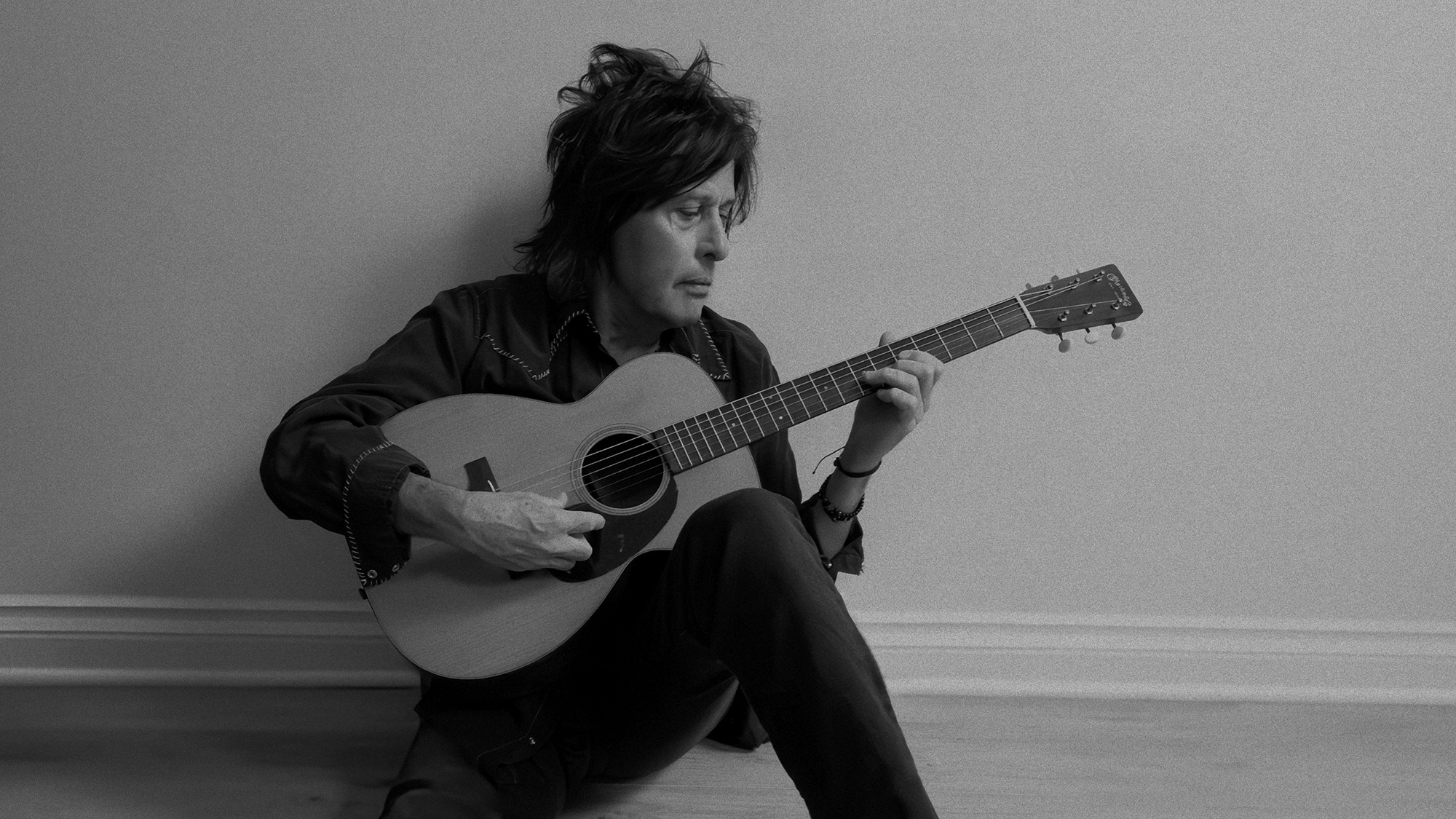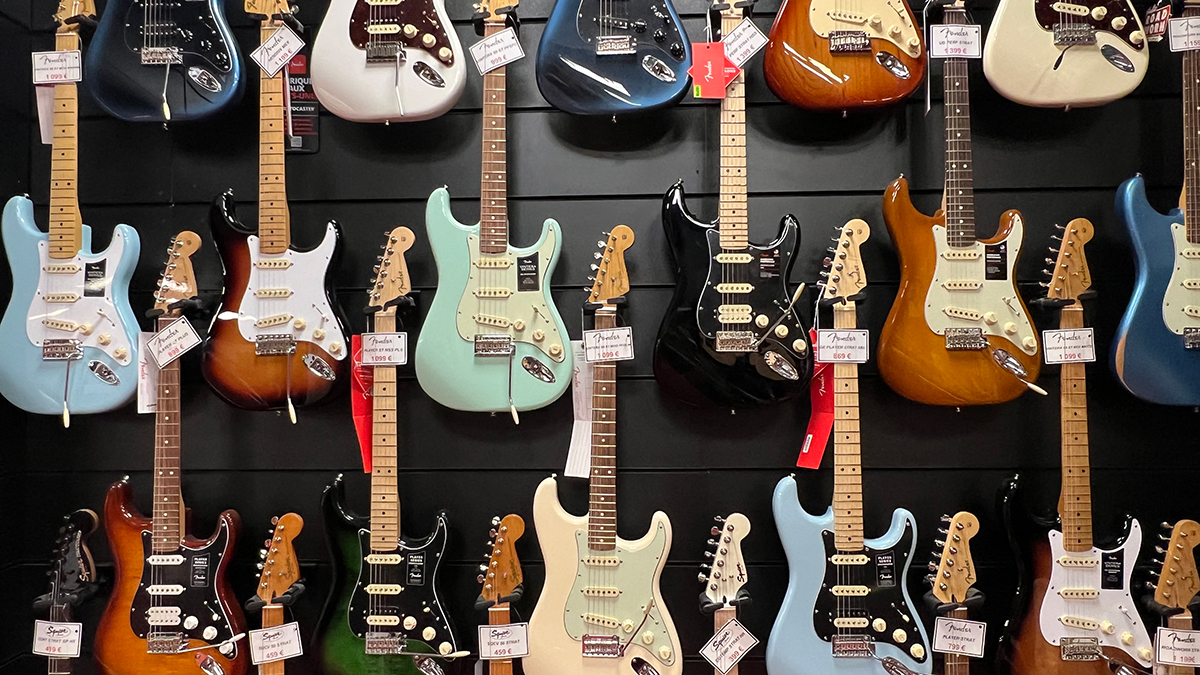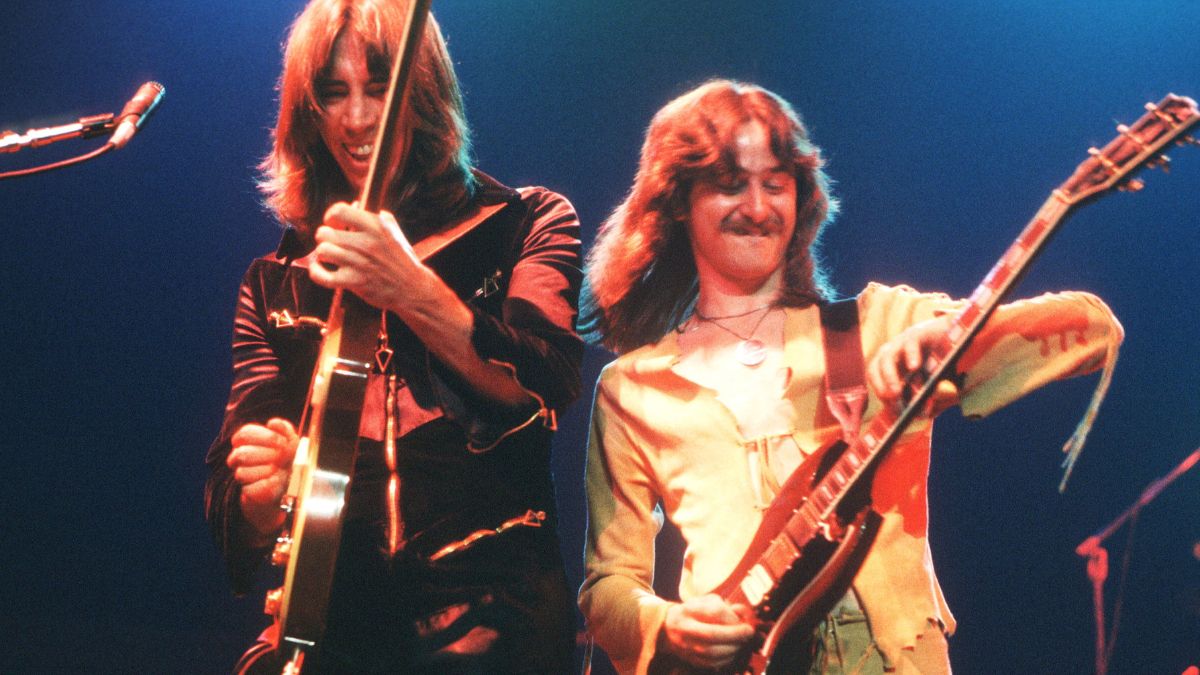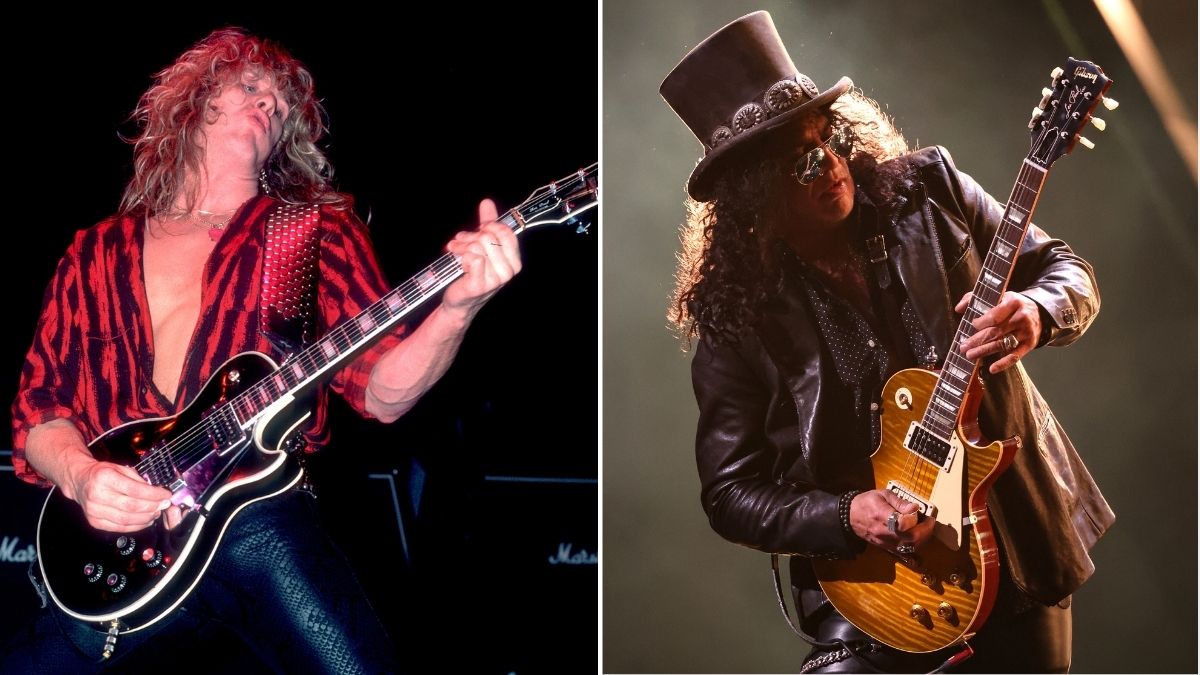“When we started the band, it was more like a guitar solo was a mark of the old guard. I was a virtuoso player, so it was very frustrating for me”: Andy Summers wishes he’d let loose on more solos in The Police – and blames punk for holding them back
Summers says his guitar chops were stifled by the hardcore punk scene, and that players like him “weren’t supposed to be able to play”
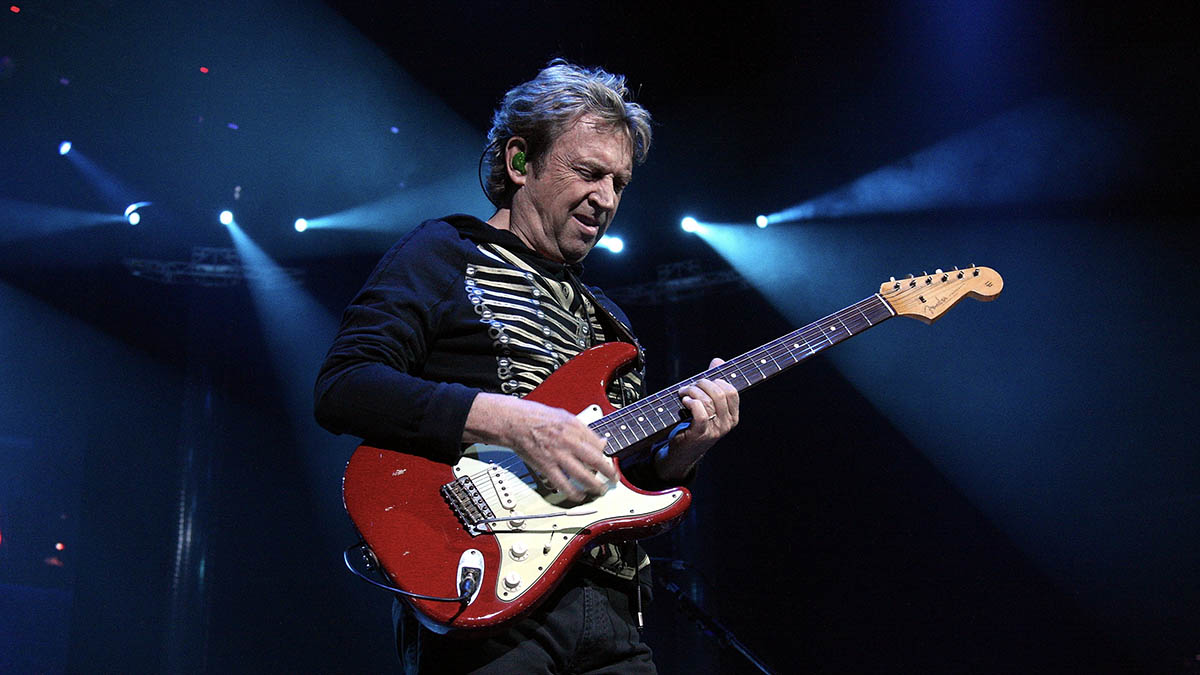
Having previously asserted that The Police were at their best as a guitar-driven band, Andy Summers has now said he regrets not having more guitar solos across their back catalog.
Speaking to Total Guitar two years ago, Summers said, “One of the things I loved about playing in The Police was that it was all guitar all the time, but it needed someone like me to fill that out”.
Proof of the importance of his six-string playing in their music was clear to see when Sting's guitar-lite early demo of Every Breath You Take emerged last month. A shadow of what it was to become, it echoed his belief that the band’s magic is rooted in the electric guitar and acoustic guitar.
But in a fresh interview with Premier Guitar to promote his latest solo LP, Vertiginous Canyons, Summers revealed he regrets not shredding a little more often during his Police days.
“I didn’t feel the need to crush everybody with every guitar part,” he says, citing the growing punk movement as a reason for diluting his virtuosity.
“I think I should have played more solos than I was given the space to do,” Summers continues. “It pisses me off actually, because this came more from Stewart [Copeland, drummer].
“When we started the band in the thick of the hardcore punk scene, it was more like a guitar solo is supposed to be a mark of the old guard. You weren’t supposed to be able to play; it was really that dumb.”
Get The Pick Newsletter
All the latest guitar news, interviews, lessons, reviews, deals and more, direct to your inbox!
Summers, then, felt conflicted. He recognized his skill set and yet was forced to put his trump card back in the deck.
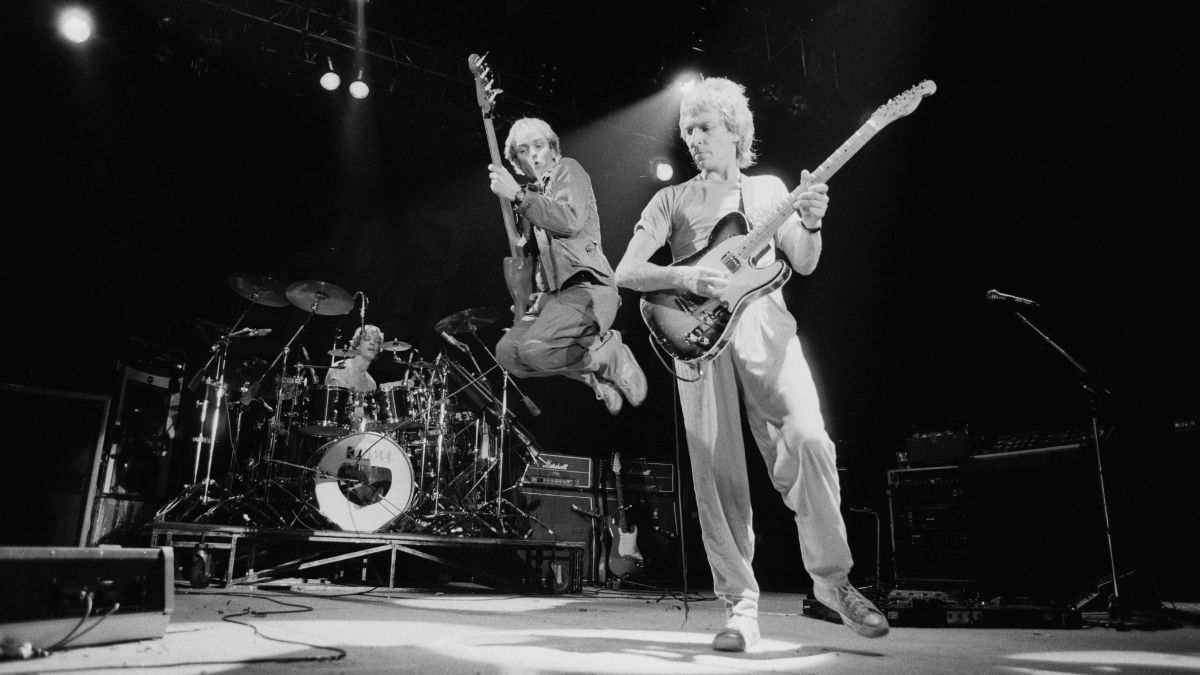
“I was a virtuoso player, so it was very frustrating for me,” he affirms. “Later, when we did sort of open it up, it really got more exciting. The fact that I could play as well as I did, I found it was a bit threatening. Because the highlight in a performance of a song would be the guitar solo.”
As such, he aims to make up for lost time on his ongoing The Cracked Lens + A Missing String tour. With dates in the US, Australia, and New Zealand ahead, he’s assembled a band that allows him to strut his stuff.
“It’s very improvised,” he says, “and they’re up to the level where they can do that. They go with me. It’s how it should always have been.”
Summers is expected to take his new favorite guitar, a Powers Electric Guitars build, on the road with him.
Head to Andy Summers for full details regarding his upcoming tour dates.
A freelance writer with a penchant for music that gets weird, Phil is a regular contributor to Prog, Guitar World, and Total Guitar magazines and is especially keen on shining a light on unknown artists. Outside of the journalism realm, you can find him writing angular riffs in progressive metal band, Prognosis, in which he slings an 8-string Strandberg Boden Original, churning that low string through a variety of tunings. He's also a published author and is currently penning his debut novel which chucks fantasy, mythology and humanity into a great big melting pot.
“I didn’t know him or trust him. But I gave him all of that money in the hope he would bring me a Strat. I had no idea if I’d see him again”: Rammstein’s Richard ZK on the coffee shop rendezvous in East Germany that got him his first Fender
“I said, ‘You can’t make a guitar as good as my old one.’ They tried and it wasn’t great”: Vince Gill’s 1953 Telecaster is one of the most coveted Teles of all time – but the Eagles guitarist turned down Fender’s offer to make a signature recreation


